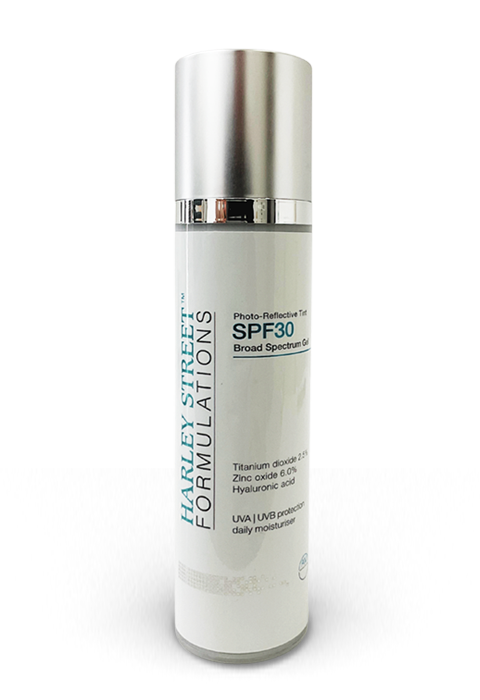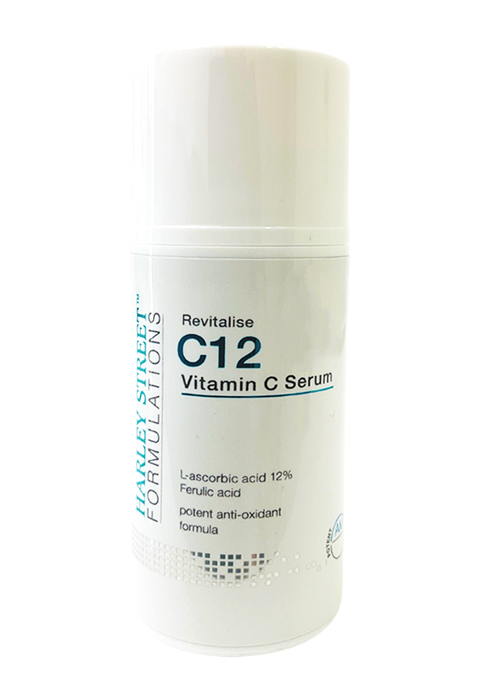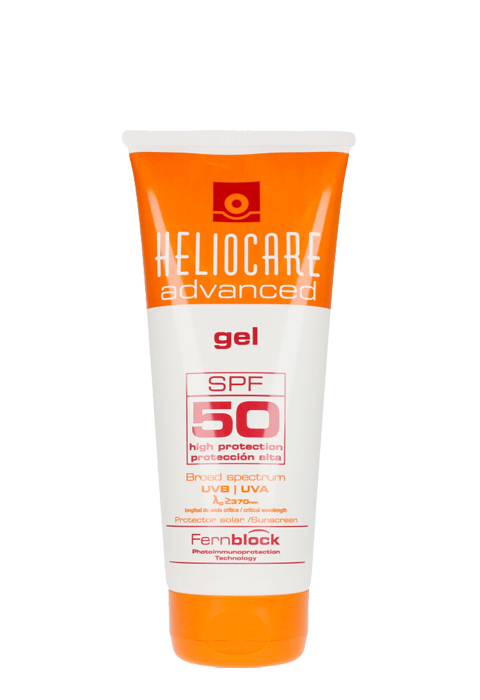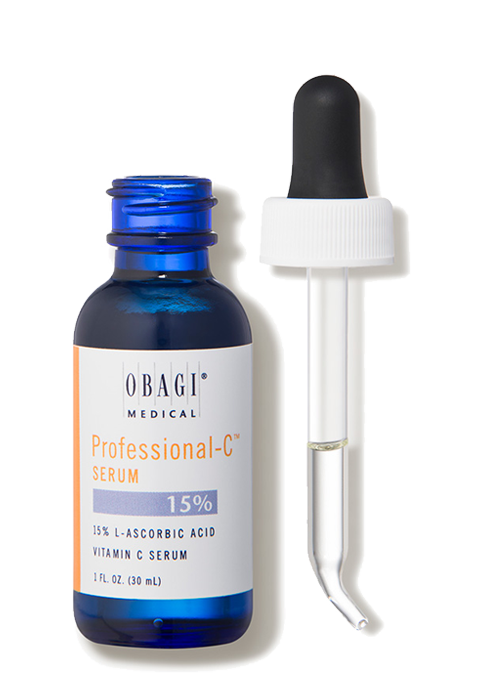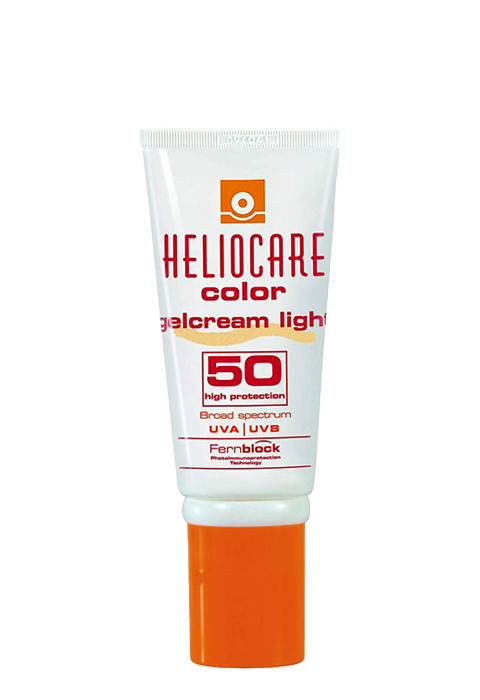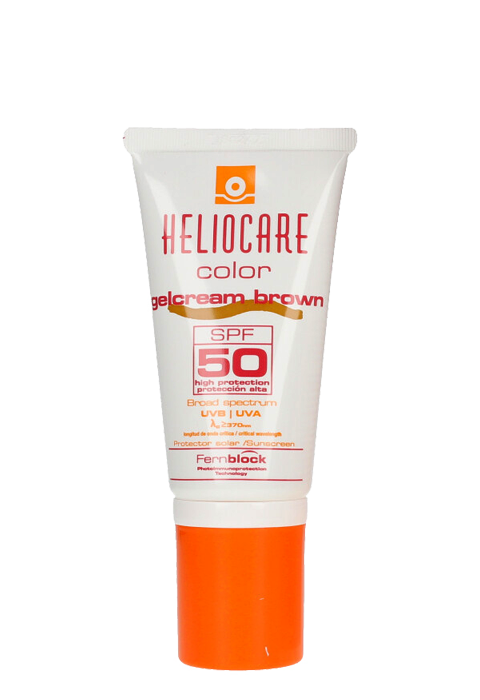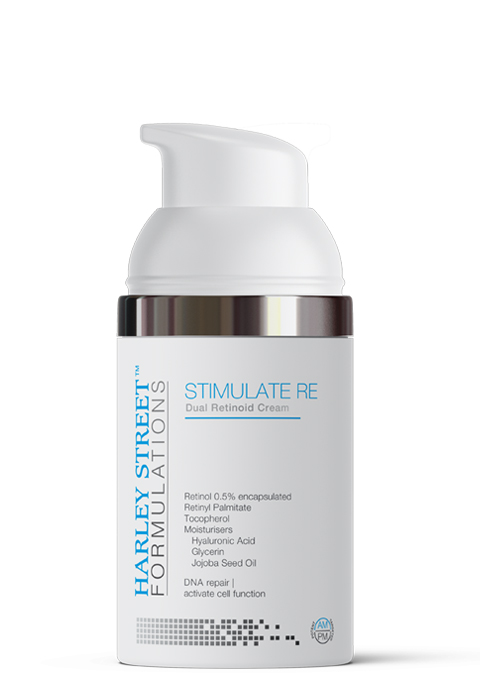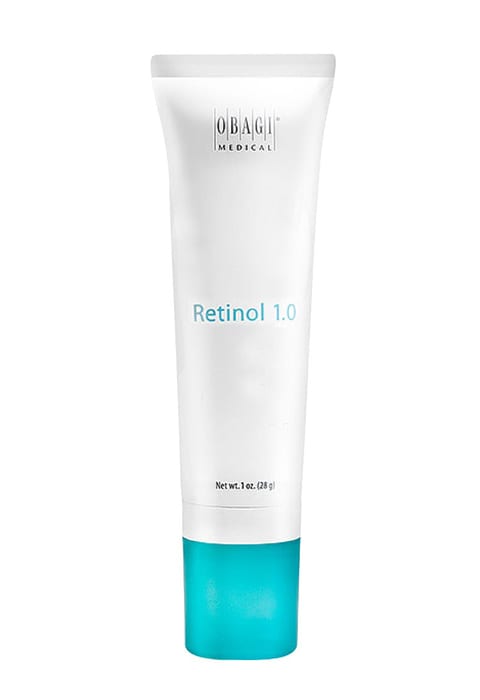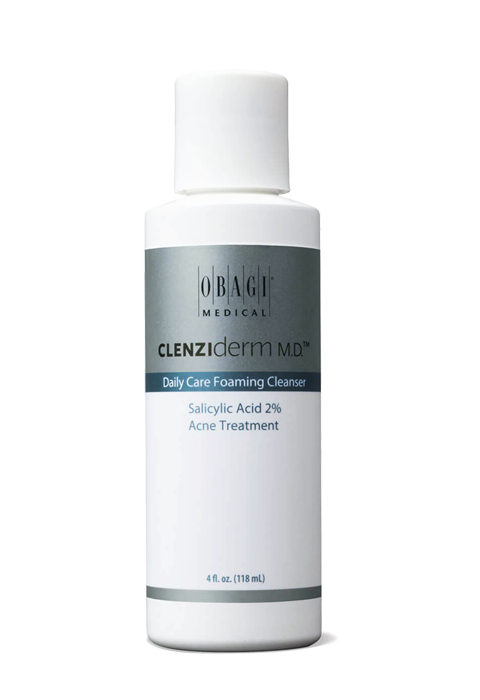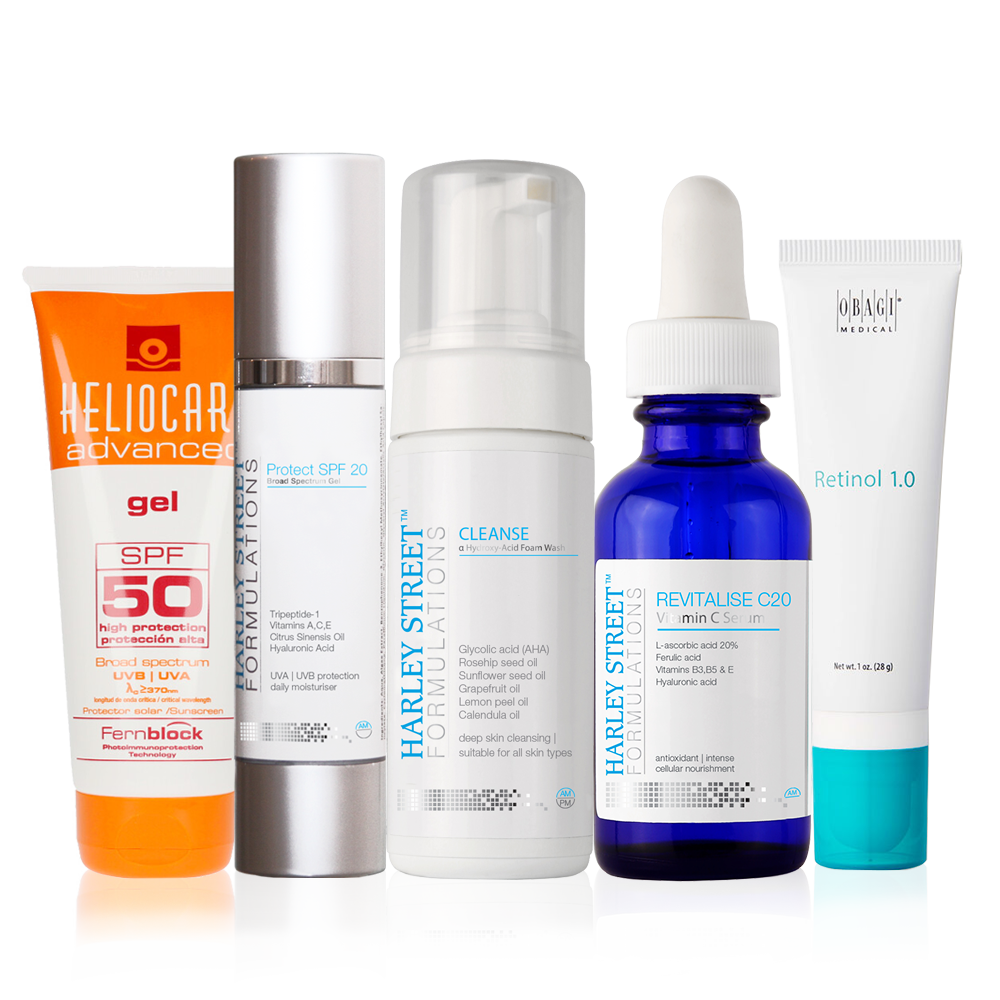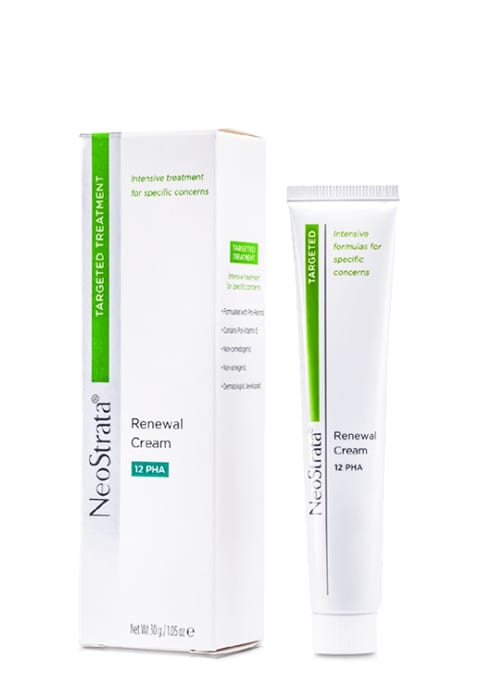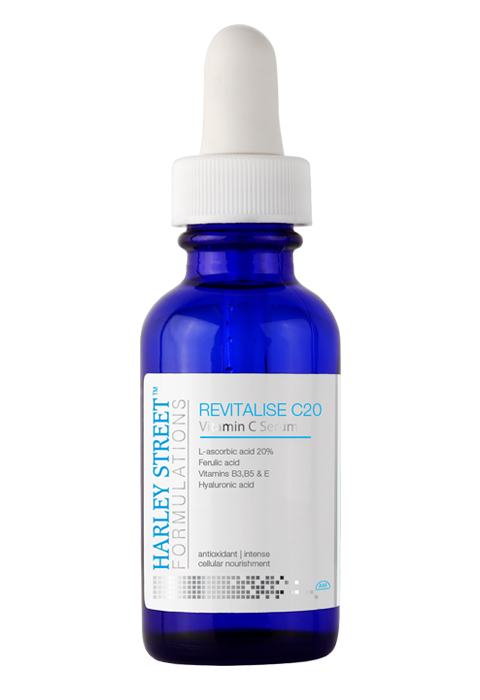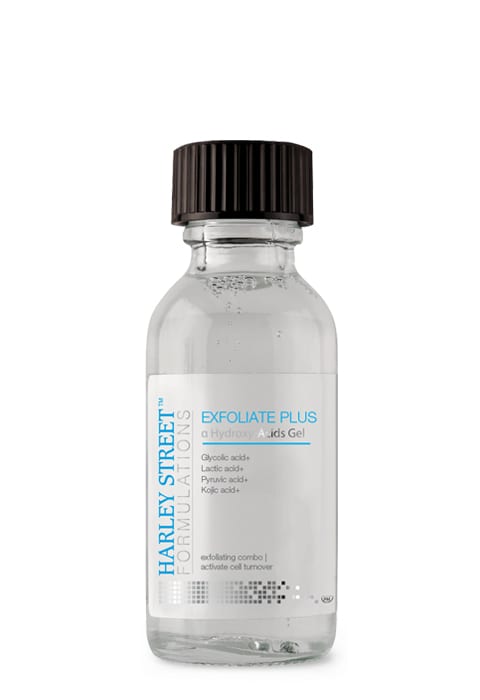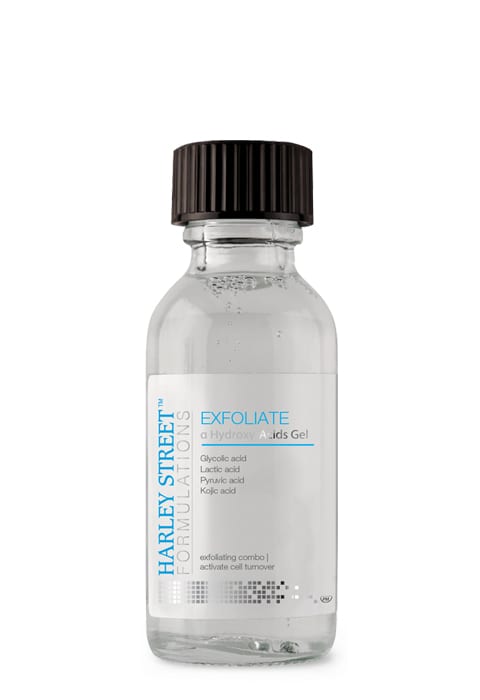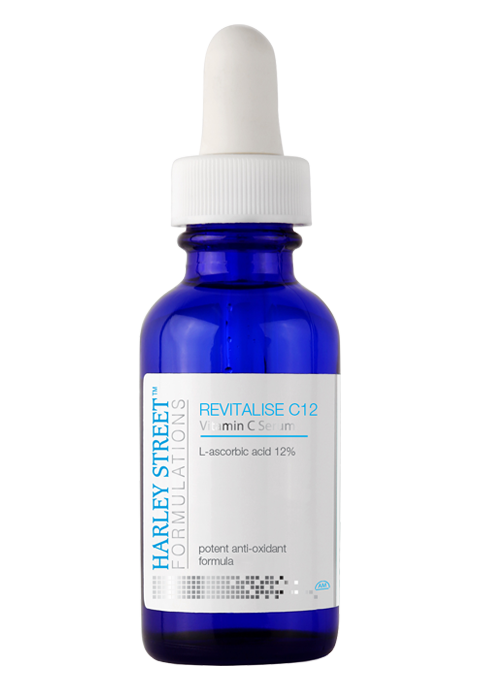-
Injectables
-
Botox -
Dermal
fillers -
Lip Fillers -
Non Surgical
Nose Job -
Chin Filler -
Under Eye Circles
(Tear Trough) -
Non Surgical
Face Lift -
Masseter Botox -
Jawline Filler -
Cheek Fillers - Calf Reduction
- Nefertiti Lift (Platysma) & Turkey Neck Bands
- Bunny Lines (Nose Wrinkles)
- Lip Flip
- Trigger Point Release
- T-Zone Oily Skin
- Dimpled Chin
- Nasal Flaring
- Gummy Smile
- Bruxism / TMJ
- Migraines / headaches
- Neck lines
- Forehead Indentations
- Botox Forhead Lines
- Botox Crows Feet
- Botox Frown Lines
- Profhilo
- PDO threads
- Hyperhidrosis (excessive sweating)
- Fat Dissolving
-
-
Skin & Body
-
V i s i t
- Chemical Peel
- Peel To Reveal Popular
- PRP (Vampire Facial)
- Prescription Grade Skin Care Popular
- Charity A Peel
- Hydrafacial
- Micro Needling (electronic) Popular
- Acne Treatments
- Facial Thread Veins
- Leg Veins (Spider/Thread Vein)
- Skin Tag Removal
- Ageing Skin Concerns
- Hyperpigmentation
- Facial Volume Loss
- Lines & Wrinkles
- Sun Damage
- Stubborn Fat Deposits
- Black Heads & White Spots
- Jawline, Jowls & Double Chin
- Cellulite
- Tired Eyes
- Neck - Lines, Wrinkles & Cords
-
- Glow & Go TM Skin Shop
- Book an Appointment Book
- CosmeShop
- Cosmetic Surgery
- CosmeTalk
-
COSMESURG| Surgical
-
| Professional EducationHARLEY STREET
INSTITUTE -
| Skin CareHARLEY STREET
FORMULATIONS -
GLOW & GO| Skin Bar Clinic
-
COSMETALK| Public Education
-
INJECTABLES
Injectables
-
SKIN & BODY
Skin & Body
-
COSMESHOP
-
COSMETALK
View All Posts
Dermal Fillers Before And After – Get The Better Version Of Yourself Today
It is true! Beauty industry has been revolutionized, aesthetic treatments have been personalized and new beauty… - ABOUT US& Treatment Criteria
How to Care for Sensitive Skin
If your face wasn’t sensitive to skin products when you were a teen, but it is now, then you have sensitized skin, as opposed to sensitive skin. Sensitized skin requires more care than normal skin does, as it is sensitive to different environmental factors and can react badly to various agents. The most important thing that someone with sensitive skin needs to know about is the skin barrier function.
Before we move on to discover how to care for sensitive skin, let’s have a look at what the barrier function is.
What is the Barrier Function?
This is the ability of your skin to stay safe from any harm. Generally speaking, it’s about how strong and resilient your skin is.
Sensitive skin doesn’t usually have the strong barrier function that is important for healthy skin.
Our skin consists of various histological layers. The outermost layer is called the stratum corneum. This is a layer of dead skin cells that sheds continuously while the new skin cells grow and take its place. These dead skin cells are the flakes you generally see on your skin.
The living skin cells that are below the dead layer are bound together by lipids. Usually known as fats, these lipids are extremely important, like the mortar that lies between the bricks in a wall. The bricks here are the skin cells while the mortar between them is the lipids. The mortar is necessary as the wall would not be strong enough without it, and cracks would allow the wind, rain and sun come through, making the people inside vulnerable. This is the case with skin cells and lipids. Without them, the skin would not be strong enough.
The skin cells and lipids make a skin barrier that can keep your skin safe from harm, stopping water, toxic elements and bacteria from getting in.
Without a proper amount of binding lipids between the skin cells, spaces develop between the cells, making the skin porous. If this happens, the skin becomes more permeable to water, so that more water is evaporated from the skin, leaving it dry and dehydrated, as well as more permeable to bacteria and toxic elements. This makes your skin vulnerable to environmental factors, affecting it badly.
Why Is A Strong Skin Barrier Desirable?
A strong barrier function is needed because it is the primary defence system; the first layer that all bacteria and harmful ingredients encounter when trying to enter your skin.
You cannot have a healthy and beautiful skin without a strong barrier function. A damaged barrier function causes various skin issues, like sensitivity and discomfort, and sun damage and ageing both become more pronounced. Sensitivity is also caused by a weak skin barrier.
What Is A Thin Skin Like?
Thin skin is more vulnerable to environmental conditions because it has a thin barrier function and can easily get damaged.
Even when this type of skin is apparently undamaged, it is naturally weaker and more permeable to bacteria and harmful agents. Allergens and irritants can easily penetrate through it.
Thin skin is more common in people with a fairer skin. It is mainly white people, especially those who live in Northern European, such as the Scandinavians, who have this kind of skin. They have a translucent sheen on their skin. Some Asian skins can also be thin as well, but darker skin tones usually tend to be thicker.
If people belong to a mixed ancestry, it is not easy to decide whether they have thin or thick skin, based on their skin colour. It takes a closer examination of their skin to decide.
How Do You Care For Sensitive Skin?
A sensitive skin requires a different kind of care. You also need to be more careful. Here are four key strategies that will help to take care of your sensitive skin.
Repair the Damaged Barrier
The first step is to repair the damaged barrier. For the purpose, you need to use barrier repairing agents on your skin. These include oils, silicones and skin-identical agents.
The best way to repair a damaged skin barrier is by applying oils or products that contain lipids, the binding agents that maintain a healthy skin barrier. Oils are the perfect choice as they provide your skin with the essential fatty acids needed to build lipids. Omega 6 and 9 essential fatty acids are particularly good for the skin and plant oils are a good source of EFAs. You can read about these plant oils here:
Skin-identical agents are the ones that mimic natural skin components. These include essential fatty acids, ceramides and cholesterol.
Strengthen the Barrier
Once your skin barrier is repaired, the second step is strengthening it. You can do this by applying agents that are generally compatible with the skin, especially your own skin type. Here is a guide to what should be applied on your skin, according to the different skin types.
Non-Oily Skin:If you have a non-oily skin type, a regular moisturiser is not a good option for you. Use face oil or emollient moisturiser instead.
Oily Skin:People with oily skin can also use oils, but the type of oils differ for them, as using heavy oils could lead to them getting comedones. You can read about this here:
If you have an oily skin, another easy way to strengthen the skin barrier is by applying an oil-free moisturiser that has occlusive ingredients, such as silicones. Use them on areas that you feel are sensitized and not necessarily on your entire face.
Silicones are a widely used type of occlusive agent that protect the skin by creating a very thin layer on top of it. This layer is impermeable and prevents both water loss and the entry of harmful agents. Silicones may not feel very good on the skin but they are a must when it comes to protecting your skin. They also have a soothing effect.
Although everything usually feels heavy on an oily skin, you should use a light, silicone-based moisturiser on sensitive areas.
Protect the Barrier From Further Damage
Here are some ways to protect your skin from further damage.
Use Anti-Inflammatory AgentsAn inflamed skin usually feels irritated and anti-inflammatory agents are the answer, as they will control inflammation and calm your skin down. These include green tea, oats, liquorice, resveratrol, sea whip and many more.
Use SunscreenSun and heat will sensitize and irritate skin. So be sure to wear sunscreen when you are outdoors. The best kinds are the ones that contain zinc oxide (the best) or titanium dioxide.
4. Soothe and Calm the Skin
You need to use products that contain soothing, calming agents. Oatmeal is a good ingredient which is easy to find in skincare products. Sensitive skincare lines are the best places to look. Here are a few tips:
- Calming or cooling spray – spritz on throughout the day when your skin needs soothing
- Calming serum – apply at night
- Soothing mask – apply 1-2 times a week
- Medium to heavyweight moisturiser – the heavier moisturisers are more lipid-rich, which is good for repairing the lipid barrier (you can focus on a few select areas, if you don’t need it over the whole face)
There are also other measures you can take to protect your barrier that are covered in Tips for Sensitive Skin.
Further Reading from Skin Ed
CosmeTalk Articles
2
I had a botox treatment with cosmodocs. I found the price very reasonable. Even better the results were excellent. I will definitely use this service again.” – BH
3
I am a very satisfied customer of Cosmedocs – I’ve had three facial areas treated with Anti-Wrinkle Injection at CosmeDocs in recent years, and find the treatment swift, thorough and effective. Also, Dr Haq’s pleasant and friendly manner makes the treatment as painless as possible!” – CFSP

-See more products












